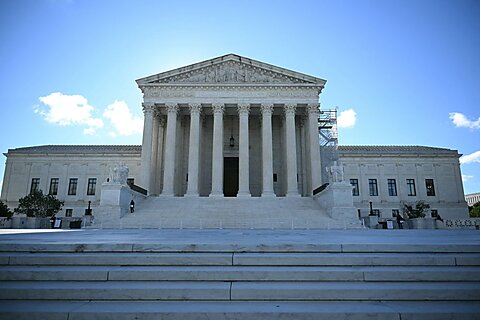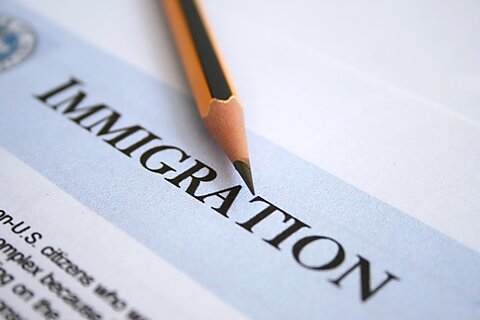Thomas A. Berry

Suing the government is expensive work. That’s why federal law authorizes the “prevailing party” in a civil rights suit against the government to request attorneys’ fees. But what happens if a court temporarily blocks a law as likely unconstitutional, and the legislature then repeals that law? Do the law’s challengers qualify as “prevailing parties” because they got everything they wanted? Or must a court strike the final blow against a law for its challengers to qualify as “prevailing”? That is the question the Supreme Court answered in Lackey v. Stinnie.
Unfortunately, the decision the Court reached is a setback for civil rights plaintiffs, who will now find it more difficult to muster the legal resources they need. But Congress can easily fix this problem and restore the pre-Lackey status quo.
Before Lackey, most appellate courts had held that a party who receives a preliminary injunction against a law is the “prevailing party” if the government then repeals the law and leaves nothing further for the court to do. That rule made sense because civil rights litigation is designed to impact the law. When people cause the law to change in their favor, they “prevail” in every sense of that concept. This principle could be easily enforced with a bright-line rule: A party that wins relief at a preliminary stage of litigation “prevails” if it then obtains a change in policy that materially alters the law in its favor.
Indeed, some of the most influential civil rights decisions in history never reached final judgment. Impact litigation is about setting precedents just as much as it is about winning a particular case. Many of the Supreme Court’s most important decisions were at the preliminary injunction stage, and it would be bizarre to say that the winning side in those cases did not qualify as the “prevailing party.”
But the Supreme Court in Lackey instead construed “prevailing party” narrowly, ruling that litigants are eligible for attorneys’ fees only when courts “conclusively resolve the rights of parties on the merits.” That excludes suits that are mooted after a preliminary injunction. As Justice Jackson noted in dissent, there is “every reason to believe that the net result of [this] decision will be less civil rights enforcement in the long run.” This decision will promote the “strategic mooting of cases by defendants” who see “the writing on the wall.”
But as Chief Justice Roberts noted in his majority opinion, Congress “may amend the statutory language” if it “determines that the rule we adopt … is unwise.”
Congress should take up that offer and amend the law at issue so that “prevailing party” has the meaning it did in most jurisdictions before Lackey: a party that wins a preliminary injunction before a case becomes moot is a “prevailing party.” Making this simple fix would help ensure that civil rights attorneys have the resources they need to hold the government accountable. And that is of vital importance whether you happen to be a conservative, progressive, or libertarian.
People of all political persuasions have had good reasons to support litigation against the government at one point or another. Fixing the problem caused by Lackey should be a cause that achieves bipartisan support.






















